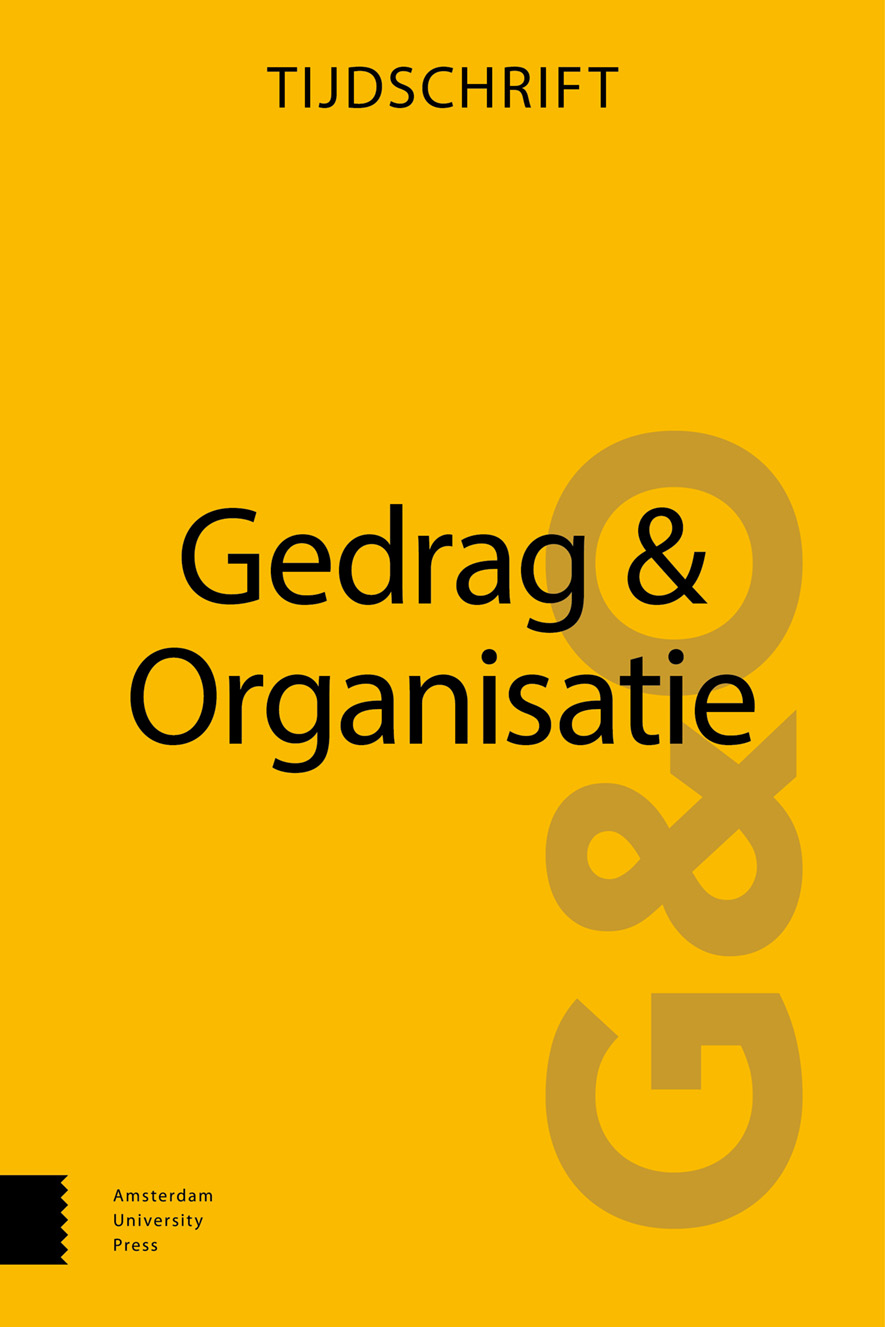-
oa Baanonzekerheid tijdens een herstructurering: samenhangen met vitaliteit en emotionele uitputting
- Amsterdam University Press
- Source: Gedrag & Organisatie, Volume 21, Issue 2, Jun 2008,
- Previous Article
- Table of Contents
- Next Article
Abstract
Job insecurity during a restructuring: associations with engagement and emotional exhaustion
N. De Cuyper, Y. Handaja & H. De Witte, Gedrag & Organisatie, volume 21, June 2008, nr. 2, pp. 97-112
The present study aims to investigate subjective and objective job insecurity in relation to well-being (engagement and emotional exhaustion). Subjective job insecurity concerns employees' perceptions of uncertainty with regard to the future of one's present job. Objective job insecurity relates to one's position in the downsizing process: workers are objectively secure when they are informed about dismissal ('victims') or guaranteed a position in the company ('survivors'). They are objectively insecure when the decision about possible dismissal is pending. We hypothesize that subjective and objective job insecurity are positively related, and that both forms of job insecurity are negatively related to well-being. Furthermore, we explore interactions between subjective and objective job insecurity in relation to well-being. Hypotheses are tested among 129 employees who are employed in a Belgian service organization that was in the midst of a downsizing process. The results show no clear relationship between subjective and objective job insecurity. Subjective job insecurity is related to poor well-being, but objective job insecurity is not. Finally, we find a significant interaction effect for emotional exhaustion: subjective job insecurity was particularly harmful for survivors, while it did not seem to affect the other groups.


